【Young – adult Fiction】
《week 14》
《Thomas More》
Thomas More: Sir Thomas More, known to Roman Catholics as Saint Thomas More, was an English lawyer, social philosopher, author, statesman and noted Renaissance humanist. He was an important councilor to Henry VIII and Lord Chancellor from October 1529 to 16 May 1532. More opposed the Protestant Reformation, in particular the theology of Martin Luther and William Tyndale, whose books he burned and whose followers he persecuted. More also wrote Utopia, published in 1516, about the political system of an ideal and imaginary island nation.
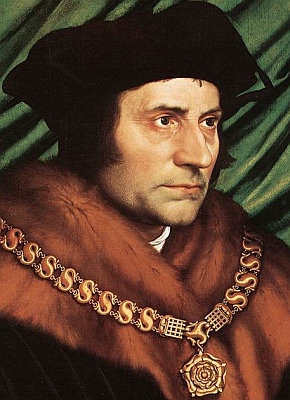
《Utopia》
Utopia: Utopia is a work of fiction and political philosophy by Thomas More published in 1516 in Latin. The book is a frame narrative primarily depicting a fictional island society and its religious, social and political customs.
l Book 1: Dialogue of Counsel
l Book 2: Discourse on Utopia
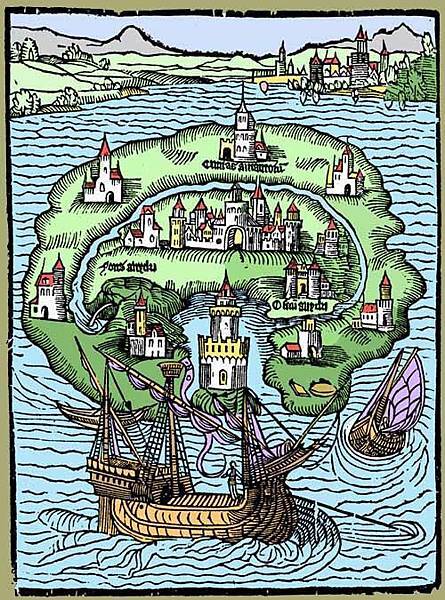
《The Republic》
The Republic: The Republic is a Socratic dialogue, written by Plato around 380 BC, concerning the definition of justice, the order and character of the just city-state and the just man, reason by which ancient readers used the name On Justice as an alternative title (not to be confused with the spurious dialogue also titled On Justice). The dramatic date of the dialogue has been much debated and though it must take place some time during the Peloponnesian War, "there would be jarring anachronisms if any of the candidate specific dates between 432 and 404 were assigned". It is Plato's best-known work and has proven to be one of the most intellectually and historically influential works of philosophy and political theory. In it, Socrates along with various Athenians and foreigners discuss the meaning of justice and examine whether or not the just man is happier than the unjust man by considering a series of different cities coming into existence "in speech", culminating in a city (Kallipolis) ruled by philosopher-kings; and by examining the nature of existing regimes. The participants also discuss the theory of forms, the immortality of the soul, and the roles of the philosopher and of poetry in society.
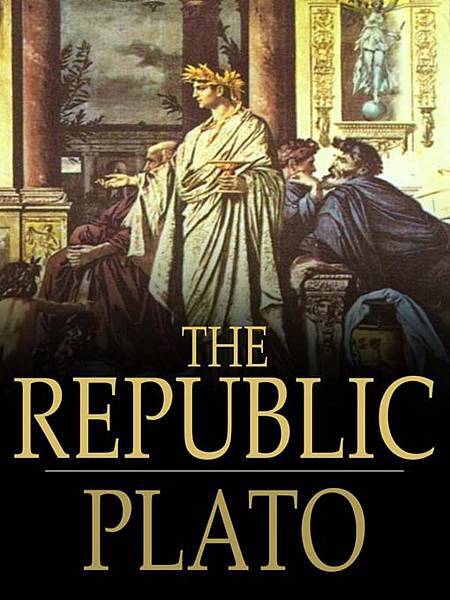
《Niccolò Machiavelli》
Niccolò Machiavelli: Niccolò di Bernardo dei Machiavelli was an Italian historian, politician, diplomat, philosopher, humanist, and writer based in Florence during the Renaissance. He was for many years an official in the Florentine Republic, with responsibilities in diplomatic and military affairs. He was a founder of modern political science, and more specifically political ethics. He also wrote comedies, carnival songs, and poetry. His personal correspondence is renowned in the Italian language.
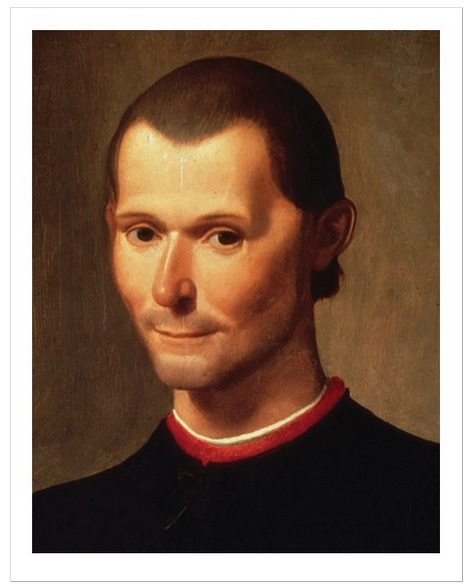
《The Prince》
The Prince: The Prince is a 16th-century political treatise by the Italian diplomat and political theorist Niccolò Machiavelli.
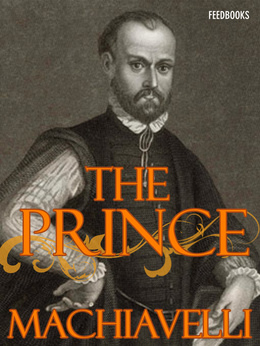
《Never land》
- 1. Peter Pan
Neverland: Neverland is a fictional place featured in the works of J. M. Barrie and those based on them. It is the dwelling place of Peter Pan, Tinker Bell, the Lost Boys and others. Although not all people in Neverland cease to age, its best known resident famously refused to grow up, and it is often used as a metaphor for eternal childhood (and childishness), immortality, and escapism.
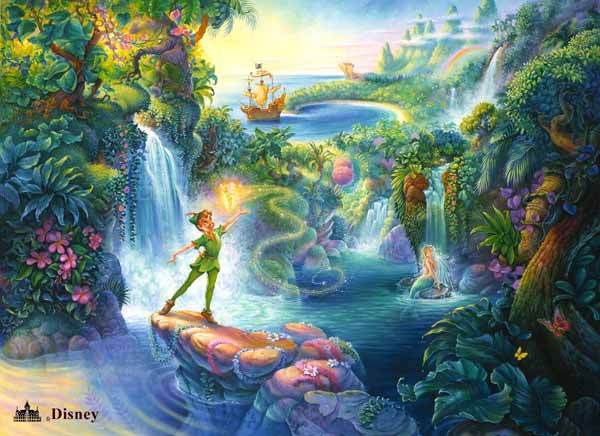
- 2. Neverland Valley Ranch
Neverland: Neverland Valley Ranch (formerly the Sycamore Valley Ranch) is a developed property in Santa Barbara County, California, located at 5225 Figueroa Mountain Road, Los Olivos, California 93441, most famous for being the home of American entertainer Michael Jackson from 1988 to 2005. Jackson named the property after Neverland, the fantasy island in the story of Peter Pan, a boy who never grows up. The ranch is located about five miles (8 km) north of unincorporated Los Olivos, and about eight miles (13 km) north of the town of Santa Ynez.
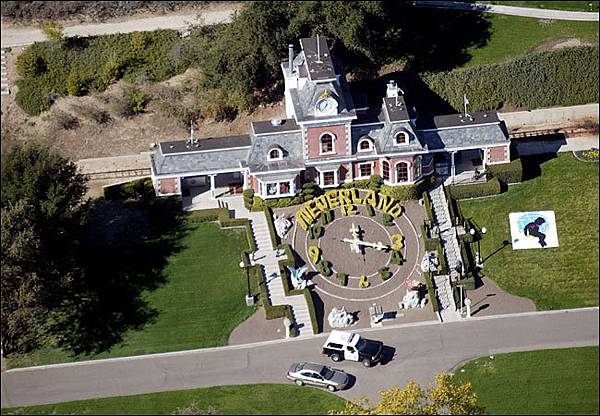
- 3. Everland Resort
Everland: Everland Resort is a theme park in Yongin, a city in Gyeonggi-do province, South Korea.
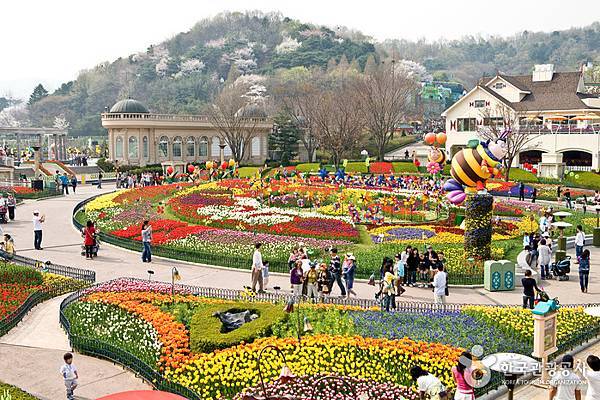
《Shall I compare thee to a summer’s day?》
Shall I compare thee to a summer’s day?
Thou art more lovely and more temperate.
Rough winds do shake the darling buds of May,
And summer’s lease hath all too short a date.
Sometime too hot the eye of heaven shines,
And often is his gold complexion dimmed;
And every fair from fair sometime declines,
By chance, or nature’s changing course, untrimmed;
But thy eternal summer shall not fade,
Nor lose possession of that fair thou ow’st,
Nor shall death brag thou wand’rest in his shade,
When in eternal lines to Time thou grow’st.
So long as men can breathe, or eyes can see,
So long lives this, and this gives life to thee.
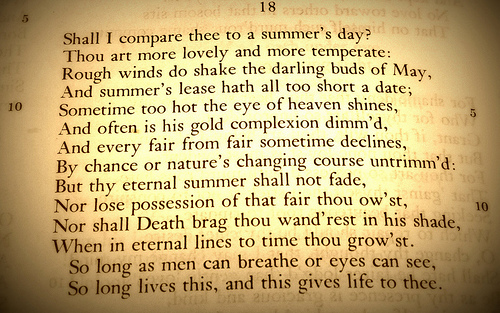
《The Book of Revelation》
The Book of Revelation: The Book of Revelation is the final book of the New Testament and occupies a central place in Christian eschatology.
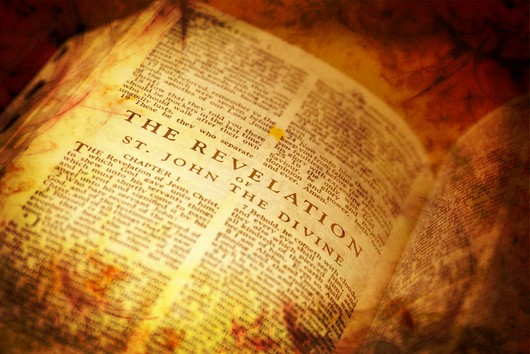
《The Hunger Games》
The Hunger Games: The Hunger Games is a 2012 American science fiction adventure film directed by Gary Ross and based on the novel of the same name by Suzanne Collins.
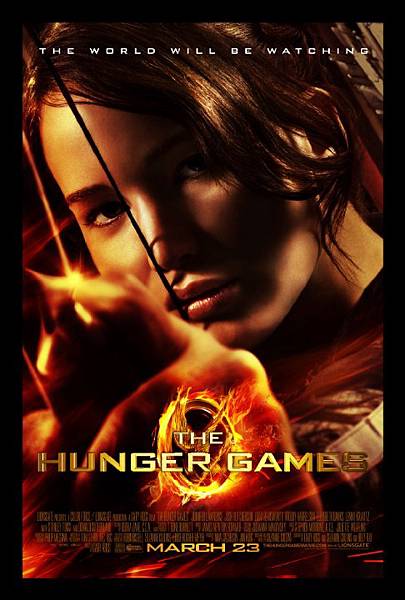


 留言列表
留言列表


